Bishkek, MINA – The people of Kyrgyzstan are characterized by their flexibility, openness, finding ways to live together peacefully, prestige and noble morals, since they were one of the hubs of civilizations that originated on the Silk Road, where commercial convoys require residents to live in accordance with original values.
During the holy month of Ramadan, these values are further accentuated in Kyrgyz customs and traditions, manifested in good deeds, social solidarity, tolerance and openness to other ethnic groups in the country, including Uzbeks, Kazakhs and Tajiks.
The ethnic and cultural diversity of Kyrgyzstan is reflected in the Kyrgyz cuisine, which is quite varied in its various dishes and popular foods, UNA reported.
One of the most popular traditional Kyrgyz dishes is the “Beshbarmak” a dish containing boiled and shredded meat with thin noodles. Other popular meat dishes include “paloo” is the Kyrgyz version of what is generally referred to as “plov” in Central Asian cuisine, and “manty” which are steamed dumplings filled with ground meat and onions.
Also Read: Pakistan Declares State of War After Car Bomb Incident
The Kyrgyz dining table is always decorated with fresh and dried fruits as well as dates, and sweet dishes such as “chak-chak” which is made from deep-fried dough mixed with honey.
Common types of bread available in Kyrgyzstan include Central Asian flatbread “naan”. More traditional bread products include “qattama” and “boorsoq”, two types of fried bread. Tea is one of the most popular drinks in Kyrgyzstan, as well as the mare’s milk which is specially served during the month of Ramadan.
The people of Kyrgyzstan start their Ramadan day with the Suhur (predawn) meal, which is locally called “closing the mouth”, and break their fasting with the iftar meal.(R/R04/RS5)
Mi’raj News Agency (MINA)
Also Read: Jakarta Hosts Gala Dinner for World Peace Forum Delegates





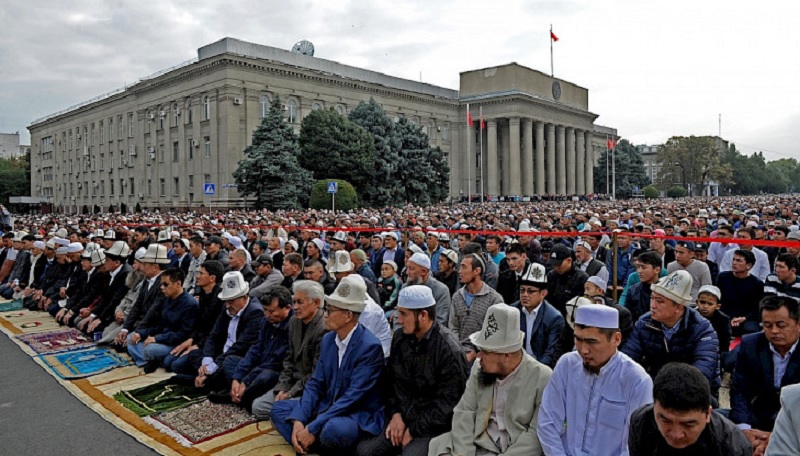


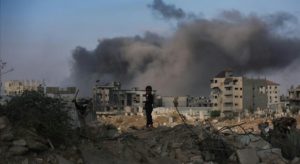




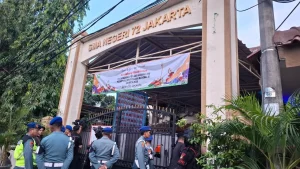
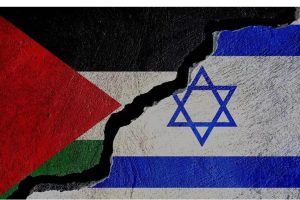




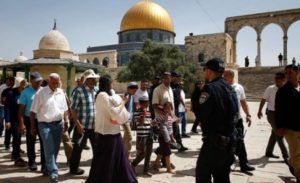






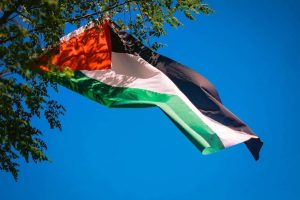
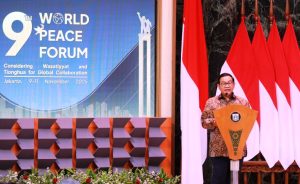





 Mina Indonesia
Mina Indonesia Mina Arabic
Mina Arabic